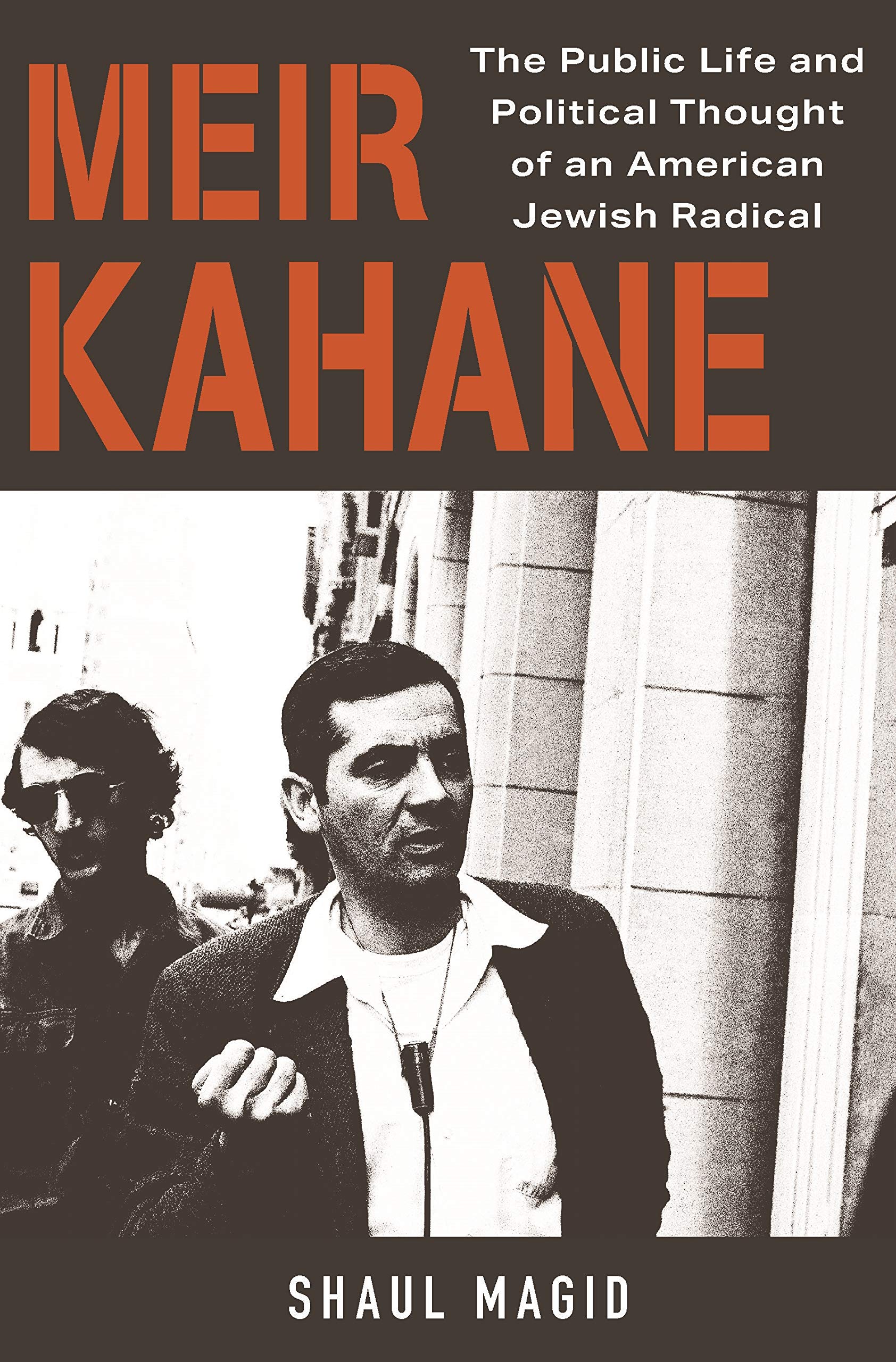The issue of race and racism begins Meir Kahane’s career in 1968 with the founding of the JDL (Jewish Defense League) as a response to black anti-Semitism, and ends his career with the “Racism Law” that ousted him from the Knesset in 1986. Accusations that Kahane was a racist flowed through his entire public life, and he addressed those accusations in a variety of ways, both in America in regard to blacks and in Israel in regard to Arabs. Here I will explore in some detail the role of race and racism in Kahane’s thought within the broader context of race politics in postwar America and to a lesser extent, in Israel.
Kahane was not distinctive in holding racist views among many who lived in his Orthodox community in those years, and sadly, even today. When he often stated “I say what people think,” meaning on the question of race, he was arguably not far off. My goal is to explore how race is used by Kahane, how he negotiated his own whiteness and Jewishness in response to the racialized world in which he lived, and in what ways we can understand his responses denying his racism. Put otherwise, I am less concerned here that Kahane was a racist than about how he used race to promote his ideas.
One final prefatory note. Elsewhere I write about the ways in which Kahane’s radicalism against the liberalism of his time put him in proximity to Jewish radicals on the left who were waging their own battles against Jewish quiescence, assimilation, incrementalism, and materialism. I note there that radicalism as a stance can often bring together strange bedfellows and that shared tactics can foster alliances. Here I illustrate how such alliances against a common enemy, in this case liberalism, have their limits. Radical Jews on the left saw themselves engaged in fighting injustice in general, fighting as Jews, for Jews, but also for all who suffer from social ills. Here the transition suggested by Arthur Waskow in his book The Bush is Burning from “Jewish radicals to radical Jews” is instructive. When the Jewish radicals became radical Jews, they did not abandon their project but only altered their position is relation to their radicalism and their identity as Jews. They stood now not as New Leftists who happened to be Jewish, but as American Jews whose radicalism came from their Jewishness.
